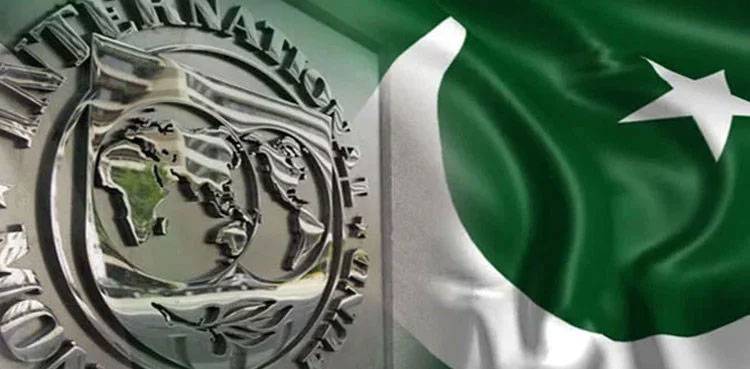Dollars are crucial for Pakistan's foreign exchange reserves. Foreign exchange reserves refer to the amount of foreign currency held by a country's central bank. These reserves help stabilize the value of the local currency, the Pakistani Rupee (PKR), and ensure smooth international transactions. Dollars are a widely accepted currency globally, so having an adequate reserve of dollars provides confidence to international investors and helps Pakistan meet its external obligations.
Dollars are the primary currency used in international trade. Pakistan heavily relies on imports for various goods and services, including petroleum, machinery, and raw materials. To pay for these imports, Pakistan needs a steady supply of dollars. Without sufficient dollars, the country would face difficulties in meeting its import demands, which could lead to inflationary pressures and hinder economic growth.
Remittances, or money sent by overseas Pakistanis back to their families, are a crucial source of dollars for the country. Pakistan receives significant remittance inflows, which contribute to its foreign exchange reserves. These remittances help improve the balance of payments, strengthen the PKR, and support domestic consumption and investment.
Pakistan has a history of seeking financial assistance from the IMF during times of economic stress or balance of payment crises. The IMF provides loans and financial support to member countries facing economic challenges. These programs often come with conditions, such as implementing structural reforms, fiscal consolidation, and monetary policy adjustments. IMF assistance helps stabilize Pakistan's economy, restore investor confidence, and promotes long-term economic sustainability.
Pakistan has external debt obligations, which include both principal repayments and interest payments. These debt obligations are typically denominated in foreign currencies, including dollars. To service its external debt, Pakistan needs a steady supply of dollars. Insufficient dollars can lead to difficulties in meeting debt obligations, potentially resulting in credit rating downgrades, increased borrowing costs, and negative effects on the overall economy.
In summary, dollars and IMF support are crucial for Pakistan's economy. They ensure stability in foreign exchange reserves, facilitate international trade and imports, boost remittance inflows, provide financial assistance during economic crises, and enable the country to meet its debt obligations.
The IMF closely monitors the progress of the supported country in meeting these conditions and evaluates its compliance during regular program reviews. Accountability mechanisms are put in place to ensure transparency and to hold both the IMF and the recipient country accountable for their commitments. These mechanisms include periodic assessments, progress reports, and the publication of findings.
It is worth noting that specific accountability measures and the implementation of reforms depend on the individual circumstances of each country and the agreements reached between the IMF and the recipient government.






